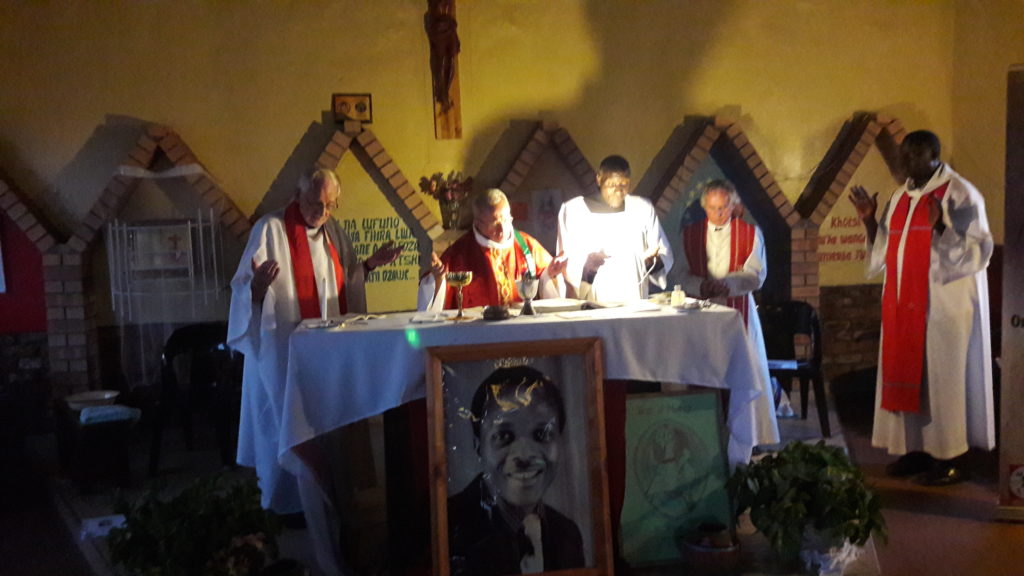Fully convinced of God’s unconditional love for them and despite their sinfulness, the saints were determined to persevere in following the Christian way of life, and in bearing witness to their faith. Like other Christians they too had to deal with their own weaknesses, temptations and failures. But always trusting in “the tender mercy of our God” (Luke 1:78) they never gave up the struggle, but kept hoping against hope like Abraham of old (Rom. 4:18). Believers are both saints and sinners at the same time.

We are all sinners who are redeemed and loved by God and sharing in his divine life through baptism. The saints are the ones who have gone before us showing us the way, and always desperately keen to help us follow in their footsteps. When Christians joyfully celebrate their feasts, they acknowledge the saints as their true role models and heroes. The saints are a special kind of role models, because they not only show people how to live the Christian life, but also help people to do so.
Hence the church has always encouraged the faithful to confidently pray to them and make novenas to them, for the graces and favours they may need, because they see the saints as their friends and intercessors. One practical way of ensuring this help is to follow the old Christian tradition, of taking the name of a canonized saint in baptism as one’s patron saint. There has also been the practise of taking another saint’s name for Confirmation. In the words of the Catechism of the Catholic Church, the “patron saint provides a model of charity: we are assured of his intercession” (CCC 2156). We know that our patron saints pray for us, and we also know that each one of us has a Guardian Angel who watches over us. These are our special friends in heaven to whom we can always turn for help.